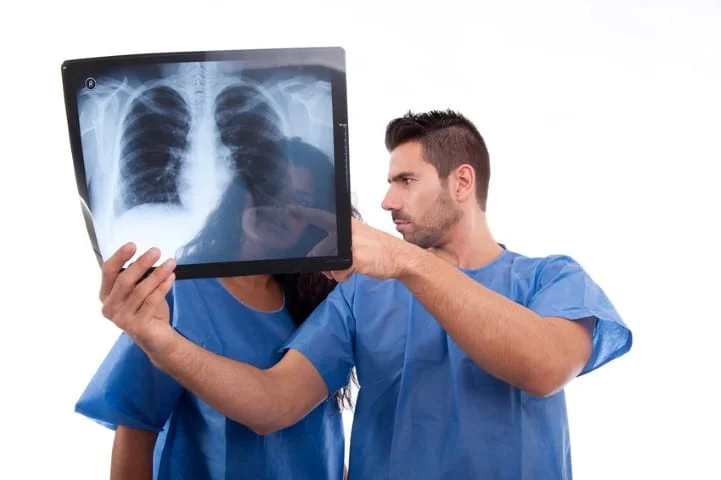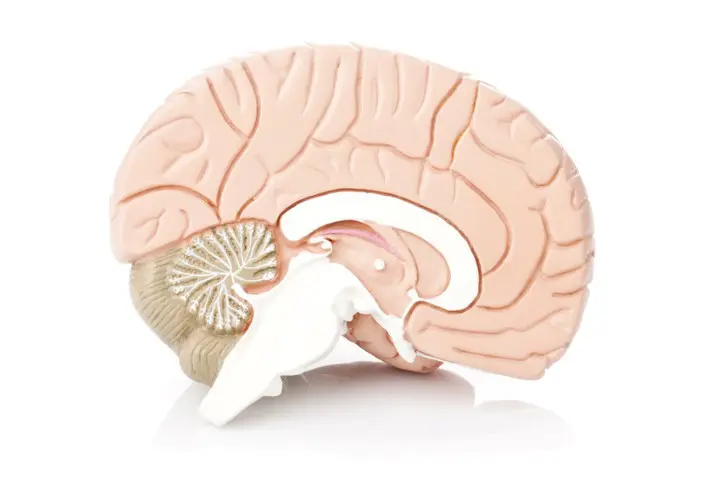Article Contents
What is Radiology Nursing?
Radiology nursing is a fairly technical nursing specialty, which deals with a variety of imaging equipment. According to Johnson & Johnson, these nurses work with x-ray, ultrasound, fluoroscopy, computed tomography (CT) scans, magnetic resonance imaging (MRI), and other imaging technology. Typical tasks include assessing patients, educating patients and their families about care following a procedure, providing comfort, and administering medication. Radiology nurses may work in a variety of settings, including hospitals, outpatient care centers, and physicians’ offices. They may also be employed in certain rehabilitation centers.
This specialization is likely to change and evolve over time, as new technologies are developed and old ones are phased out. Nurses in radiology will need to stay educated on current procedures.
What are the Education and Certification Requirements?
One must earn a diploma, associate’s degree, or bachelor’s degree in nursing, pass the NCLEX-RN, and be granted a registered nursing license before he or she is eligible to become a radiology nurse. The first step to specializing is to gain experience in radiology nursing.
In order to become a Certified Radiology Nurse (CRN), one must hold an unencumbered RN license, have practiced at least 2,000 hours in radiology nursing in the past 3 years, and have completed 30 continuing education hours within the past 2 years prior to the exam.
What is the Average Salary and Job Outlook?
The salary of a radiology nurse is likely to depend on a variety of factors, including geographic location and the employer. Additional certification, higher education, and experience or skill level are also factors that influence pay. In a 2012 report, the US Bureau of Labor and Statistics (BLS) stated that the median annual salary for registered nurses was $65,470.
The BLS also stated that the employment outlook for registered nursing is positive. The report predicted 19% job growth from 2012-2022, with greater growth in settings such as outpatient care centers.








